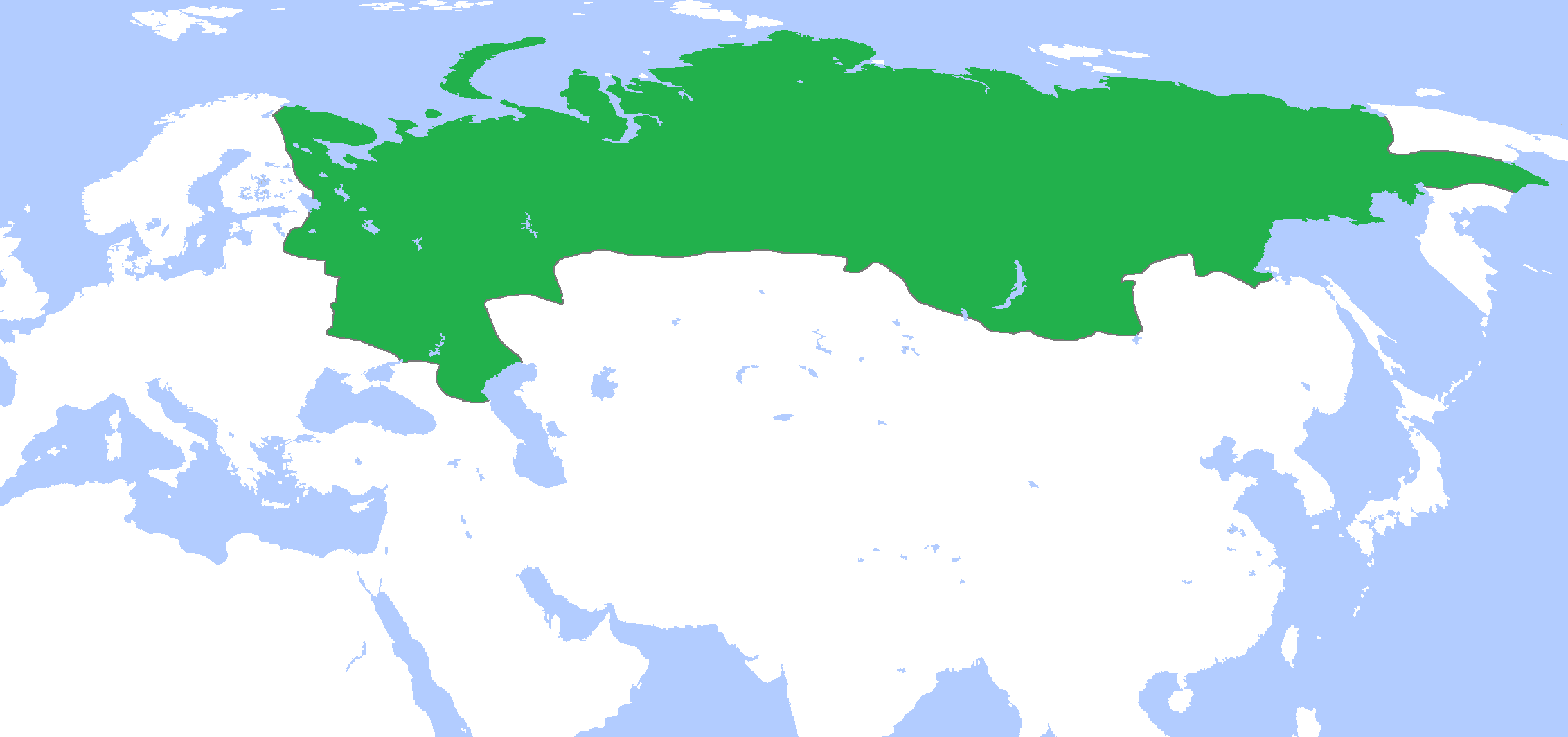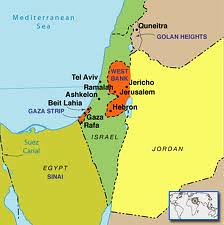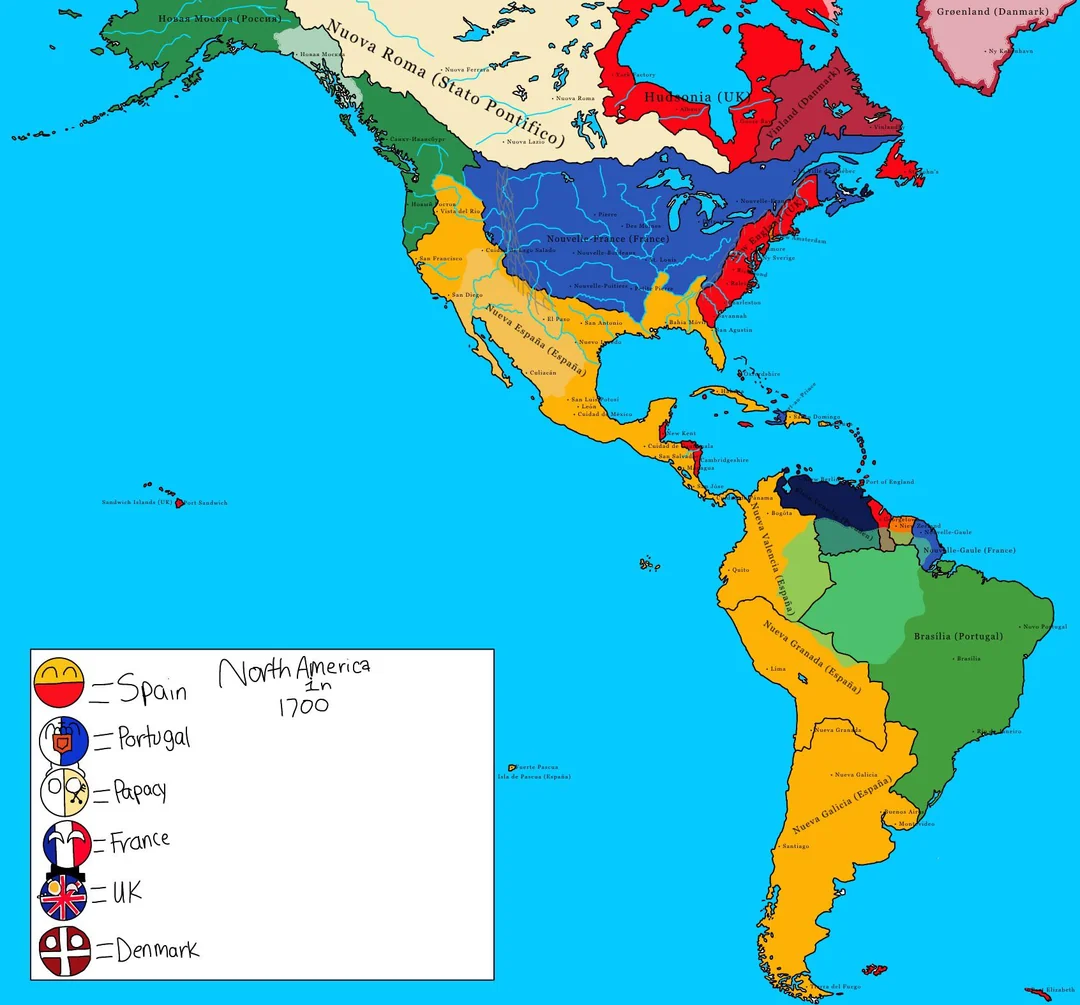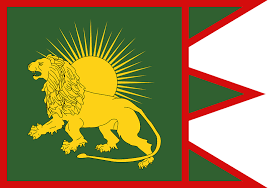
A Time-Traveller’s Guide to the History of Russia (1700 AD Onwards)
Welcome, time-traveller, to the captivating history of Russia from the 18th century onwards, a period marked by sweeping changes, imperial ambitions, and transformative events that shaped the destiny of this vast nation.
The Age of Peter the Great (1700-1725): At the dawn of the 18th century, Tsar Peter I, also known as Peter the Great, ascended the Russian throne. A visionary and reformer, Peter embarked on an ambitious modernization drive to transform Russia into a formidable European power. Inspired by his travels abroad, Peter introduced extensive reforms in the military, administration, and education, fostering cultural exchange with Europe and establishing the city of St. Petersburg as a new capital.

The Expansion of the Russian Empire: Under the reign of Catherine the Great (1762-1796), Russia experienced a period of territorial expansion and cultural enlightenment. Catherine’s reign saw significant gains in the Black Sea region and the annexation of Crimea. The Empress also promoted arts, literature, and education, earning the moniker “Catherine the Great.”
The Napoleonic Wars and the Decembrist Uprising: The early 19th century witnessed Russia’s involvement in the Napoleonic Wars, culminating in the French invasion of Russia in 1812. The tenacity of the Russian army and the harsh winter led to Napoleon’s retreat, marking a significant victory for Russia. However, the defeat in the Crimean War (1853-1856) highlighted weaknesses in Russia’s military and infrastructure.
The Emancipation of the Serfs (1861): One of the most transformative events in 19th-century Russia was the Emancipation of the Serfs under Tsar Alexander II. This landmark reform abolished serfdom, granting peasants personal freedom and the right to own land. Although a significant step towards modernization, the reform brought new challenges and inequalities.

Industrialization and Urbanization: The late 19th and early 20th centuries witnessed rapid industrialization, leading to the growth of cities and an emerging working class. The transcontinental railway network expanded, connecting distant regions and facilitating economic development.
The Russian Revolution (1917): In 1917, the Russian Empire experienced not one but two revolutions that forever altered its course. The February Revolution led to the abdication of Tsar Nicholas II, while the October Revolution, led by the Bolsheviks and Vladimir Lenin, brought the communist regime to power. Russia transformed into the world’s first communist state, known as the Soviet Union.
The Soviet Era and World War II: Under the leadership of the Bolsheviks and Joseph Stalin, the Soviet Union went through profound changes. Industrialization and collectivization efforts brought economic growth but also caused widespread hardship. During World War II, the Soviet Union bore the brunt of the Nazi invasion and played a crucial role in defeating Nazi Germany.
The Cold War and the Space Race: The post-war era saw heightened tensions between the Soviet Union and the United States in the Cold War. The two superpowers engaged in a nuclear arms race and competed in the space race, with the Soviet Union achieving significant milestones like launching the first artificial satellite, Sputnik 1, in 1957.
The Fall of the Soviet Union (1991): In 1991, the Soviet Union dissolved, and Russia emerged as an independent nation. Boris Yeltsin became the first president of the newly formed Russian Federation, marking the end of the Soviet era and the beginning of a new chapter in Russia’s history.
The Contemporary Era: Since the 1990s, Russia has undergone significant political, economic, and social transformations. The leadership of Vladimir Putin has seen a centralization of power and assertive foreign policy, while the nation grapples with the challenges of modernization and global integration.
Cultural Heritage and Modern Russia: Throughout its history, Russia has been a wellspring of art, literature, music, and scientific achievements. From the iconic works of literary giants like Tolstoy and Dostoevsky to the masterpieces of Tchaikovsky and Rachmaninoff, Russian cultural heritage continues to captivate the world.
The Russian Spirit: As you journey through Russia’s history from the 18th century onwards, you’ll encounter a nation defined by its resilience, deep-rooted traditions, and a unique blend of Eastern and Western influences. The Russian spirit, embodied in its art, literature, and the strength of its people, endures through the ages.
Best Foods to Savor: Explore the diverse flavors of Russian cuisine, from hearty dishes like beef stroganoff and borscht to the delightful sweet treats like blini (thin pancakes) served with caviar or jam.
Dangers to be Aware of: As a time-traveller exploring Russia’s history, be cautious during times of political unrest and upheaval. Pay attention to your surroundings and avoid involvement in any potentially dangerous situations.
Embrace the splendor of Russia’s past as you venture through its captivating history, a saga of ambition, revolutions, and triumphs that have shaped the course of this enigmatic nation.


